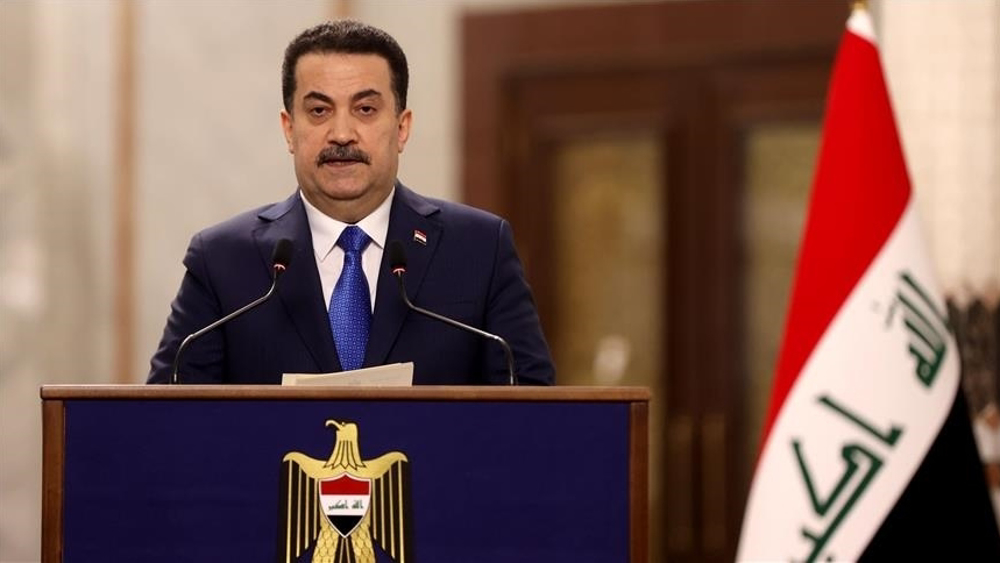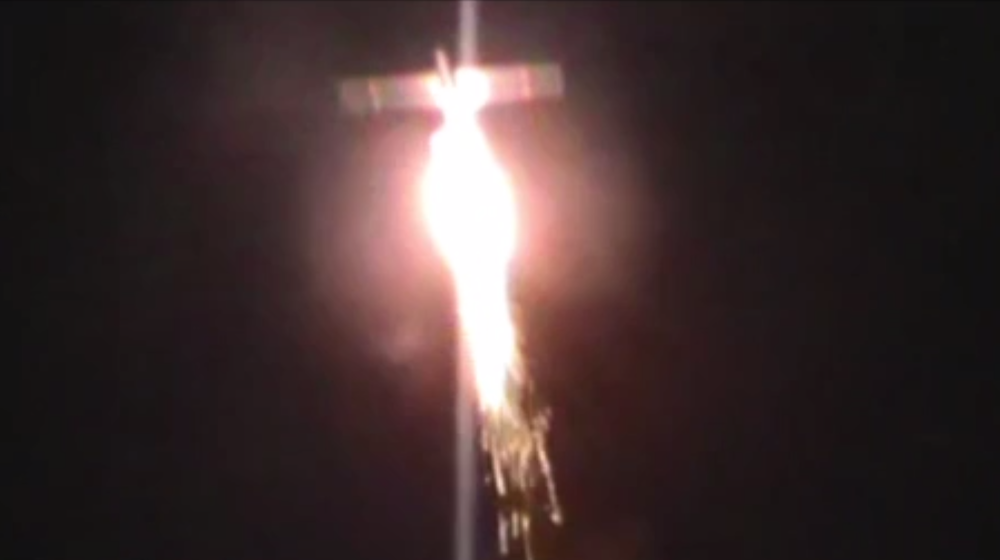Daesh oil revenue disruption landing it in financial straits
The Daesh Takfiri terrorists are running into financial problems as airstrikes disrupt one of its main income sources -- illegal oil sales, says a conflict monitoring group.
According to a report released by the IHS Conflict Monitor on Monday, airstrikes carried out by Russia and the so-called US-led coalition have “significantly degraded the group’s refining capacity and ability to transport oil via tanker convoys.”
“According to information gathered from Arabic-language social media, and our in-country source network, efforts to target Daesh’s sources of revenue are paying off,” the report said.
Russia began launching airstrikes, requested by the Syrian government, on Takfiri targets in Syria in late September. The US-led coalition began targeting purported militant positions in Iraq and Syria in 2014.
The report cites cuts to militants’ salaries, "price hikes on electricity and other basic services, and the introduction of new agricultural taxes” as the signs of the terrorists' financial woes.
According to the IHS, Daesh, despite the airstrikes, still pulls in around 80 million dollars a month mainly from levies and confiscations.
The report claims that Daesh unlike other terrorist groups such as al-Qaeda does not rely on external funding and gathers a large part of its income from the regions it controls in Iraq and Syria.
“They tax the population, confiscate property, can produce income" from oil and gas sales, drug-smuggling, kidnapping for ransom, running small enterprises such as transport and real estate companies, the report said, adding that "other terrorist groups don't have" such sources of income.
Israel issues new evacuation orders, shortly launches strikes on southern Lebanon
VIDEO | Press TV's news headlines
From Iraq to Gaza: The great disconnect between British people and rulers
Syria condemns Israel's killing of 36 in 'horrific' strike on Palmyra
Iran rejects UN human rights resolution as politically-motivated, unjustified
US Senate rejects bids to halt military sales to Israel
US veto of Gaza resolution 'license' for more Israeli crimes: Tehran
Iran urges IAEA Governors Board to oppose E3’s anti-Iran resolution














 This makes it easy to access the Press TV website
This makes it easy to access the Press TV website